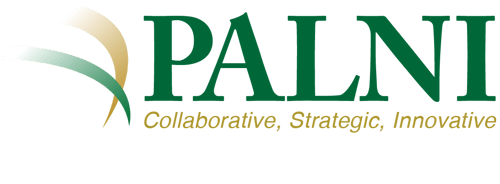The Private Academic Library Network of Indiana (PALNI) recently became a voting member of the Natio...
News From PALNI
View the latest news from the consortium
Andrea Bearman is an all-star when it comes to open educational resources (OER). As Director of Inst...
What do works like Handel’s “Messiah” and Bach’s “Passions” have in common with contemporary songs l...
The Private Academic Library Network of Indiana (PALNI) is accepting applications for Library Innova...
Midway through funding period, project organizers have completed UX research and major system upgrad...
Fr. Harry Hagan, OSB, SSD, is Associate Professor of Scripture at Saint Meinrad Seminary and School ...
Anderson University has published an essay collection, A New Institutional Saga for Anderson Univers...
The consortium and its libraries are commemorating three decades of advancing private higher educati...
DePauw University Libraries are pleased to announce the publication of four open access electronic b...
Today’s college students are facing ever-increasing financial expenses with traditional textbook pri...
Share Your Library's News
Have a story to share? PALNI encourages its supported institutions to submit news items to Strategic Communications Director Molly Reed. Your news may appear in a future story or on PALNI social media!
